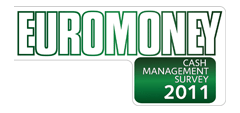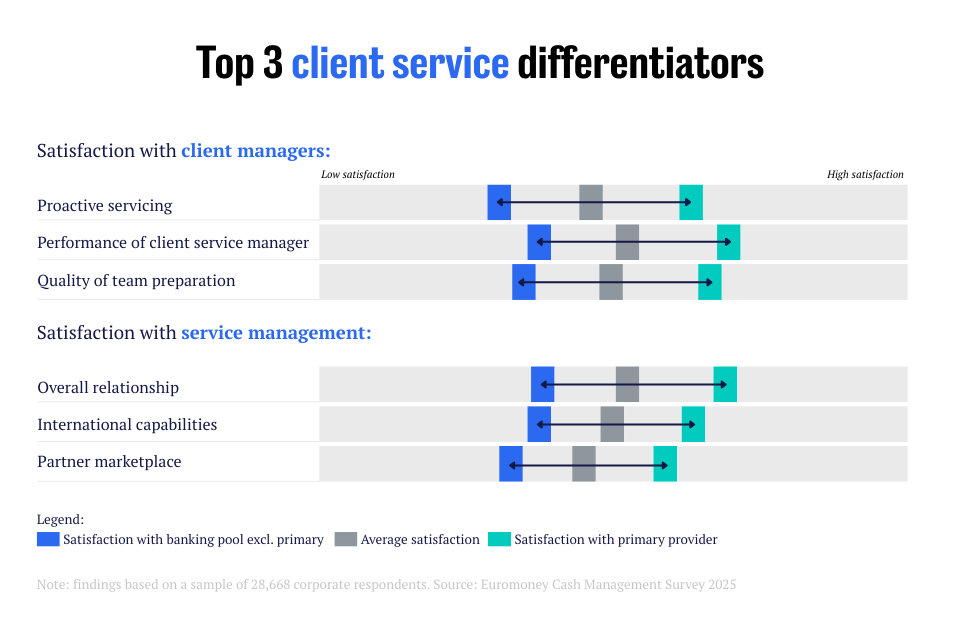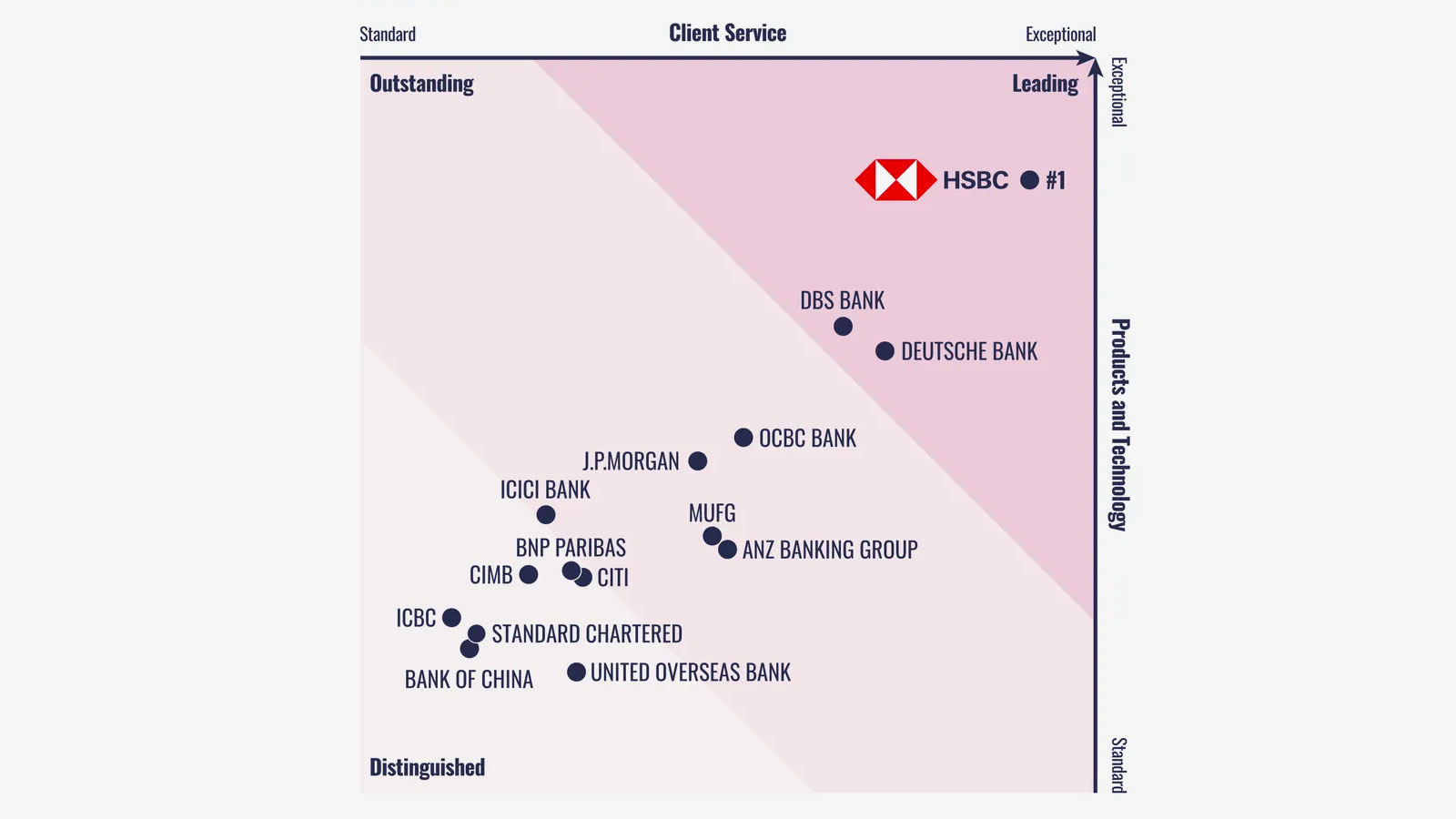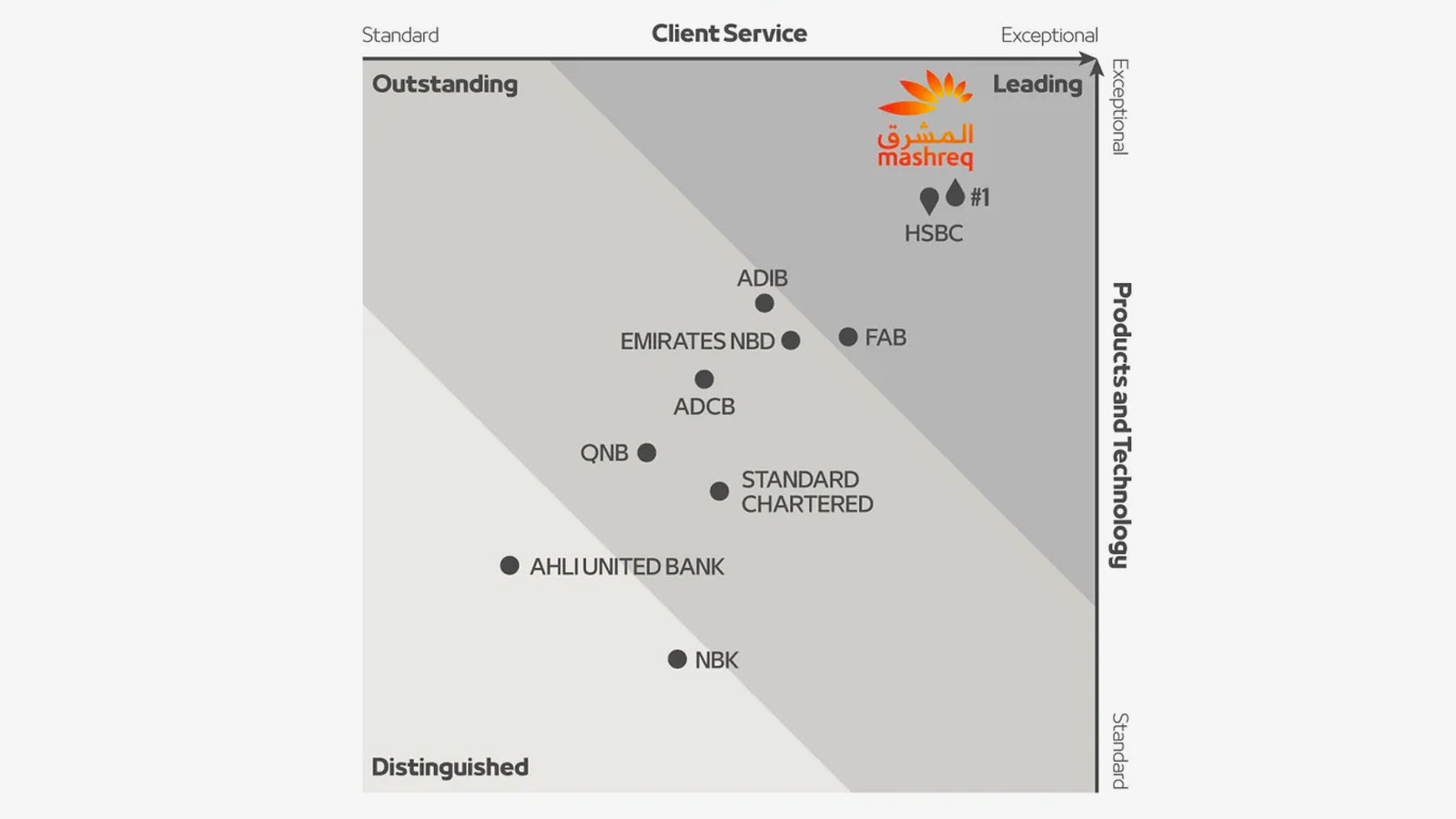TRANSACTION BANKING, THE process of facilitating buying and selling for companies and financial institutions, has never been the most glamorous of activities. To be sure, parts of the business might be able to claim romantic origins serving the merchants of Renaissance Italy while, at the same time, the contemporary industry is driven by the type of kit that is inevitably accompanied by hyperbole about bleeding-edge technology.
Access intelligence that drives action
To unlock this research, enter your email to log in or enquire about access




